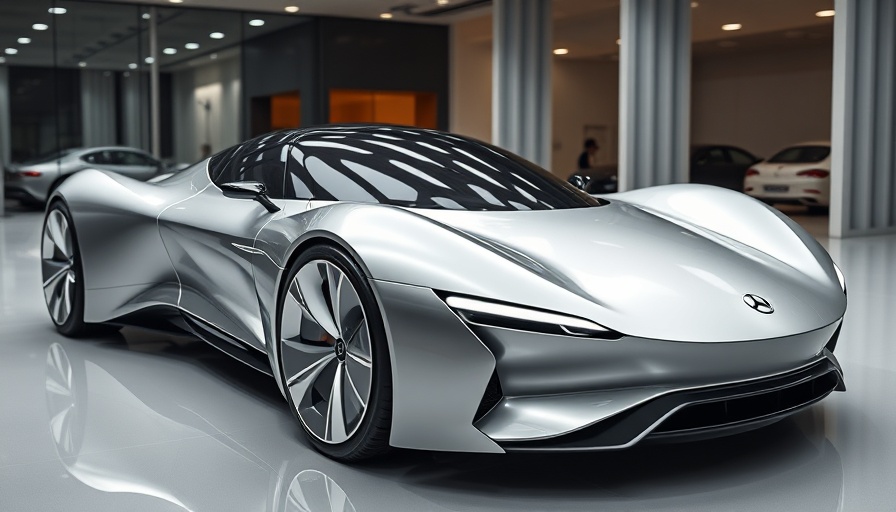
Revolutionizing the Electric Sports Car Together
Longbow, a British startup founded by former executives from Tesla, Polestar, and Lucid, is set to change the electric vehicle (EV) landscape with its ultralight sports cars. Dubbed the Speedster and the Roadster, these two models challenge the conventional notion that EVs must be heavy due to substantial battery requirements. Instead, Longbow aims to replicate the lightweight designs reminiscent of iconic British brands like Lotus and Jaguar.
Speed Meets Sustainability
The Speedster, weighing in at just 895 kg, promises exhilarating performance and minimal environmental impact. It boasts a 0-100 km/h acceleration time of just 3.5 seconds and an impressive range of 275 miles per charge. With a base price of ₤84,995, this two-seater is expected to attract enthusiasts looking for a thrilling yet sustainable driving experience. In contrast, the Roadster offers a slightly bulkier option at 995 kg with a starting price of ₤64,995 and an acceleration time of 3.6 seconds.
Design Inspired by Engineering Excellence
Longbow's commitment to lightweight design is highlighted by its bespoke aluminum chassis that maintains high stiffness while minimizing weight. This strategic approach enables the electric motors and batteries to be lighter, enhancing the overall driving experience. As noted in an article from Top Gear, these vehicles are not just about speed; they evoke a sense of nostalgia, reminiscent of some of the most beloved sports cars of the past.
Targeted Production and Market Launch
With an initial production run of only 150 Speedsters, Longbow emphasizes exclusivity. The first customer deliveries are anticipated in 2026, aiming to cater not just to local markets but potentially expanding beyond the U.K. With room for additional models designed to leverage innovative modular components, the company aims to establish itself firmly within the burgeoning EV market.
The Competitive Landscape
Longbow’s entry into the electric sports car segment comes amidst a growing focus on EVs from traditional car manufacturers. As highlighted in both reference articles, brands like Porsche are poised to release their electric versions of classic models, adding pressure on startups like Longbow to establish a niche quickly. However, given the founding team's extensive background in creating innovative electric vehicles, their approach blends modern technology with sports car heritage, suggesting a promising future for Longbow.
In a market that’s gearing towards electrification, the focus on lightweight materials and performance could position Longbow ahead of other companies unable to deliver on both speed and sustainability. The excitement around their offering indicates a burgeoning interest in EVs that don’t compromise on drive quality.
With the EV landscape evolving rapidly, Longbow's approach might redefine expectations for what can be achieved in the electric sports car realm. Their strategic plans not only reflect deep industry insights but also a clear understanding of consumer desire for thrilling yet sustainable vehicles.
Stay updated on the latest developments in electric vehicle technology and innovations in the automotive world, and consider reserving your place to experience the next generation of sports cars with Longbow.



Write A Comment